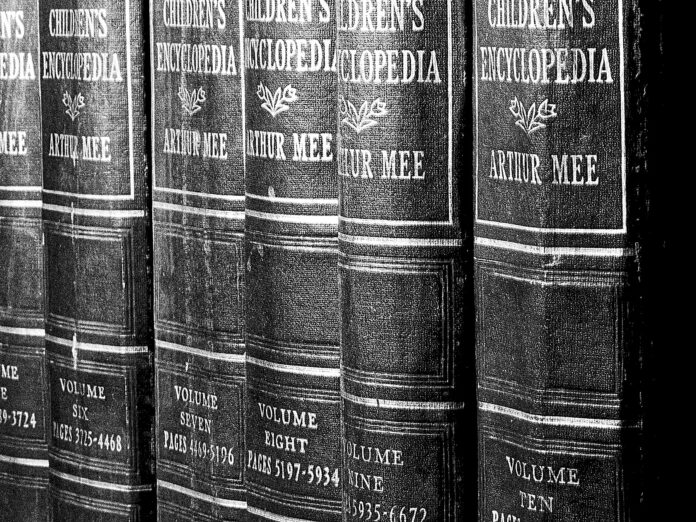
BY KATHY HERSH
I was not raised to rock the boat. My parents voted, but they weren’t especially political. They were honest, worked hard, read the newspaper, and obeyed the speed limit.
In the ’60s, Indiana was not a hotbed of activism, although my father, a proud World War II veteran, was criticized by one of his co-workers for allowing me to attend Indiana University in Bloomington, which was a “nest of communists.”
There was an ideological divide even then, but most people in the Indianapolis neighborhood where I grew up kept their politics and religion to themselves.
Throughout my adulthood, I have been involved in several causes — women’s rights, immigration reform, child advocacy and bullying prevention.
I’ve often wondered what influenced me to become an activist.
Looking back, my seventh-grade teacher Miss Olive Purdy planted the seed.
High on the classroom blackboard was a quote that never got erased. In Miss Purdy’s perfect cursive was a simple axiom: “If it’s right to do, do it.”
That dictum was a daily challenge and still is. Those words were put to the test the day a new set of encyclopedias was delivered to our classroom, courtesy of The Indianapolis Star.
Each week, a column written by “Uncle Ray” appeared in The Star, in which he would answer questions posed by local students. If Uncle Ray took up your question, your class would win a set of encyclopedias.
In a class discussion one day, a question came up that no one could answer, not even Miss Purdy. So I raised my hand and suggested we write to Uncle Ray, which I did, on behalf of the class.
Time passed, and we forgot about it, until a set of encyclopedias was delivered to our classroom, accompanied by a Star photographer.
Uncle Ray was going to answer our question in a forthcoming column. We were ecstatic.
Our puffed-up pride was soon deflated. Miss Purdy suggested that instead of keeping the books in our classroom, we should donate them to the school library so all the school’s students would benefit.
In the dead silence that followed, the words I dared not say shouted in my head. We had earned the books with our own initiative. They should be kept in our room, where we could find answers quickly when questions arose.
But Miss Purdy convinced us it was the right thing to do.
The Star photographer took a photo in the library of Miss Purdy, me, another student, and the school principal standing by the opened box. I still have the photograph and have often thought about the wisdom of Miss Purdy’s decision.
We were the “gifted class,” still an experimental program in the Indianapolis Public School System at the time. “Gifted” classrooms were considered by critics to be elitist. Although some in the class came from privileged homes, many of us did not. In my working-class home, there were very few books and certainly not a set of encyclopedias.
Our school was in the inner city, and most of the students came from low-income homes.
With the gift from our class, every student in the school would have access to the knowledge contained in these books. We would all be winners.
Miss Purdy showed us that real winning is about sharing our good fortune so everyone has an equal chance to excel and contribute their gifts to society. Everybody wins.
As an adult, I have worked alongside some very good people whose involvement in the rights of women, children and minorities has inspired me to persist in helping build a more just society in which everyone, regardless of religion, ethnicity, age and gender, has the opportunity to succeed.
My fellow activists are guided by a strong sense of what’s right, and they do good work, sometimes in spite of indifference and criticism.
I wouldn’t be surprised at all if at some point in their growing up they had a teacher like Miss Olive Purdy.
— Hersh is a writer, peace educator and Mom of two activists. She lives in DeLand.